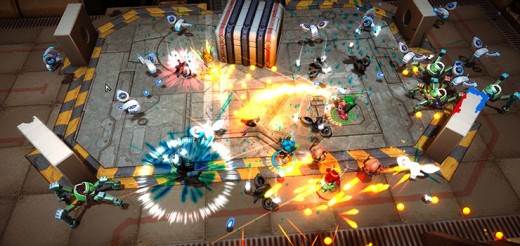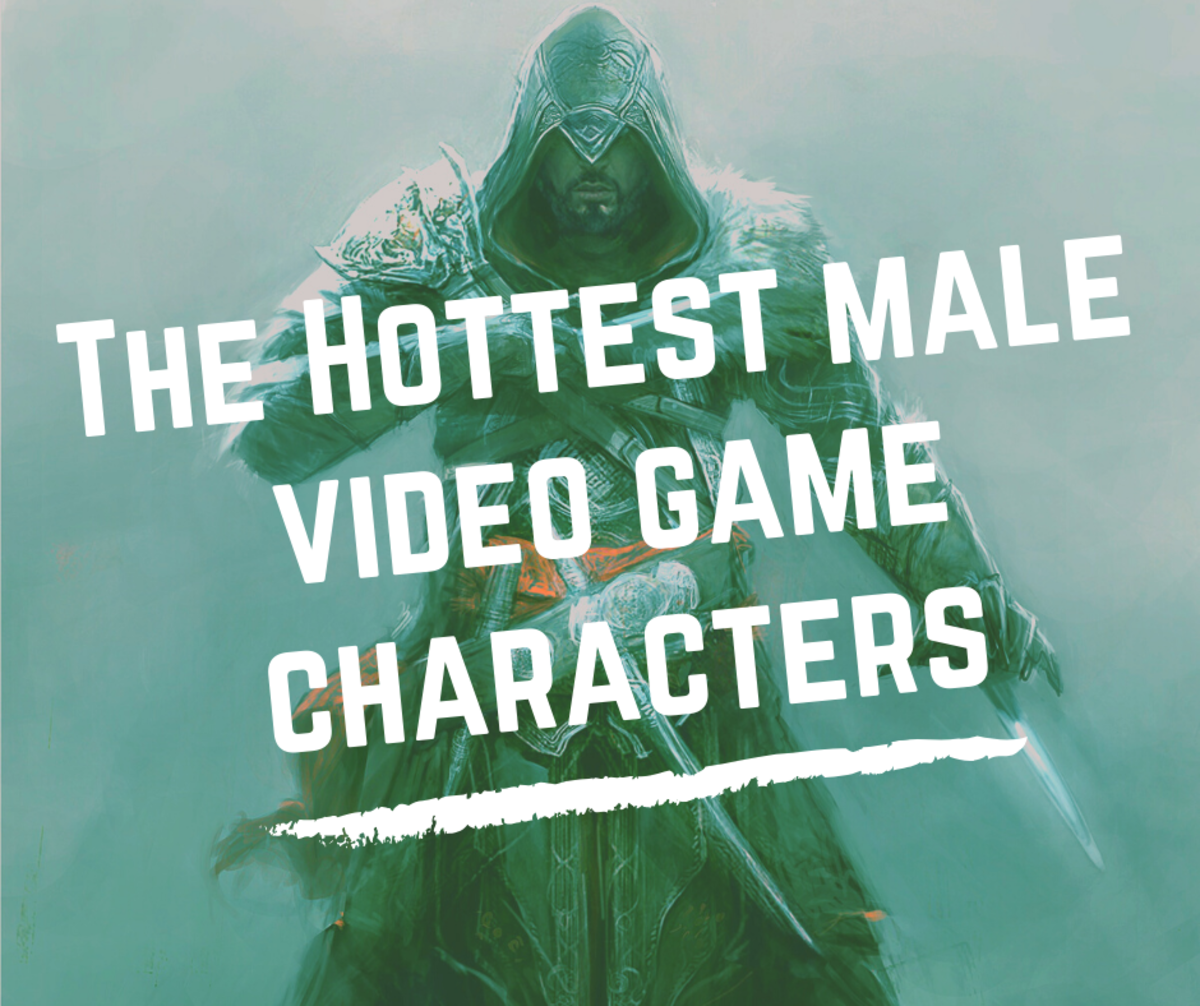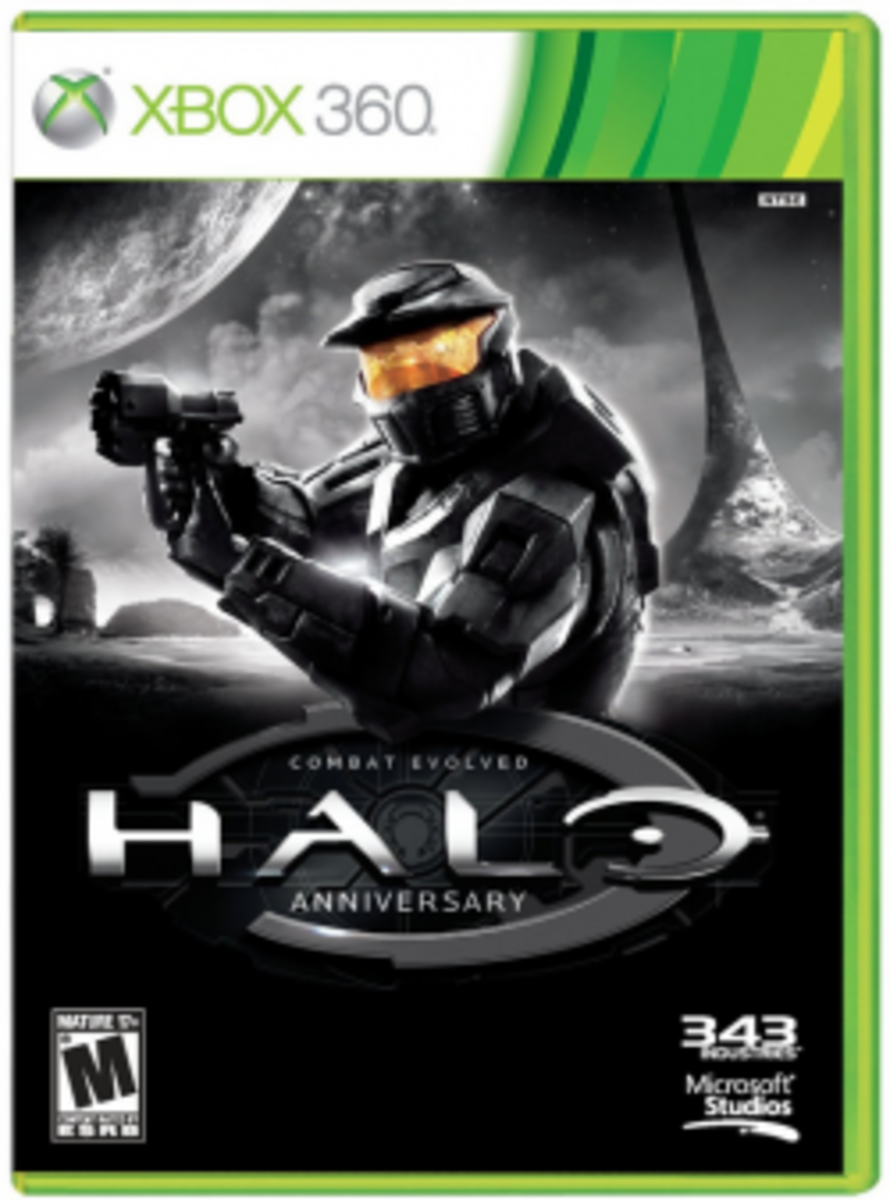My 10 Most Favorite Video Games of 2017
Assault Android Cactus
Developer Witch Beam's Assault Android Cactus is one of the most emotional shooters of all time. The game supercharges the drama of destroying the hundreds of foes that pour into any given level by requiring you, amid all the constant repositioning, to look out for power-ups that recharge your dying battery. Other design choices further suggest a rebellious vision of the genre. A couple of the nine selectable characters don't fire bullets, demanding one to rethink how to carve out paths in claustrophobic situations. For most playable heroes, a dodge move is automatically initiated before and after you fire a secondary weapon that must charge back up for another shot, forcing unusual foresight for evasion. These innovations come packaged with brilliant work by musician Jeff van Dyck, who, when your battery runs out, punctuates your failure with a five-minute song that makes ample use of AutoTune, campily and convincingly expressing the pathos of a defeated robotic hero: “I'm not half the droid I used to be. I'm not half the droid I want to be.” Pressgrove

Severed
It wasn't terribly long ago that tech/gaming bloggers preached of the end of the console gaming world as we know it, and that the sword of Damocles would have the App Store logo engraved on it. Severed, in a strange sort of way, feels like the ultimate in thumbed noses to that doomsaying, taking a very mobile-game concept—an RPG where you slay enemies by slashing their limbs off using the touchscreen—and not just adding a console game's depth and artistry, but using the framework to tell a deeply affecting tale about loss and grief. It's a delicate balance to strike, but DrinkBox Studios, fresh off the firmly tongue-in-cheek Guacamelee!, makes it seem effortless, like this is the kind of RPG we get all the time, instead of a beautifully innovative gem, one that might very well be the last of its kind. Clark

Overwatch
Overwatch is a game that succeeds in spite of itself. There's nothing inherently special about Yet Another Multiplayer Shooter, especially one so profoundly threadbare in terms of modes of play compared to its peers. Yet, like Team Fortress 2 before it, the game is an incredible triumph due to the world built around it. It's a place of bountiful color, dizzying heights, and wide-eyed, uncynical heroes, defined by the smallest interactions between its wildly diverse cast of characters at any given moment during gameplay. To switch characters in Overwatch is to play an entirely different game every single time, with an entirely new story and gameplay. The only truly common thread in each match is the ever-present need for teamwork, where killing the most players might help, but still represents a path to failure without a group of compatriots willing to sacrifice glory for the greater goal. This is the first-person multiplayer shooter at its inclusionary best. Clark

Titanfall 2
Given its predecessor's sole emphasis on multiplayer matches, it's almost shocking that Titanfall 2 sets such a high bar for single-player missions. The game's focus on the creative integration of wall-running, double-jumping, sliding, shooting, and melee attacks makes even the tutorial section a blast. More importantly, this highly customizable action encourages the player to take risks that would be suicidal or impossible in everyday first-person shooters. But that's only half the fun: Titanfall 2 ingeniously alternates between this fluid soldier-based play and weighty, deliberate mech face-offs—a juxtaposition of styles cleverly hammered home by the dialogue between the go-getter pilot and Spock-like AI of the walking machine. Everything in the campaign is designed to give you a rush, from laughably over-the-top villains to the remarkably fast burrowing through tight places to platforming sections that will make you think you're seeing sideways. The greatness of the game's campaign raises a controversial question in our globalized world: Who needs an Internet connection or other players when the proceedings are this electrifying alone? Pressgrove
Uncharted 4: A Thief’s End
There's an old moral lesson in which, after discovering that the perilously recovered treasure chest was empty, the hero realizes that the true reward was the quest itself. There's no such moral lesson in Uncharted 4: A Thief's End, which is both a rewarding adventure in and of itself and an overflowing bounty of innovation, a last-hurrah that throws everything at its fans without ever once feeling derivative. There are daring escapes from Panamanian jails, shootouts at an Italian manor's gala, car chases through the streets of modern King's Bay—and that's hardly scratching the surface. The graphics come uncannily close to the game's cinematic aspirations, a new grappling hook mechanic enhances the already epic gunfights, and sequences in the Madagascan outback add a much-needed dose of semi-open-world exploration to the series. Despite needing to encompass all of these features, the ambitious story never feels stretched or shoehorned, and delivers an emotional closure to the series as protagonist Nathan Drake must choose between his gilded obsessions and the life of his rogue brother, Sam. Given all that, Uncharted 4 avoids another moral: You can't have too much of a good thing. Riccio
Inside
While the cult of the indie puzzle-platformer has waned in recent years, Playdead's follow-up to the critically beloved Limbo lit a pale, shimmering fire right in the heart of the genre. Deft configurations of the familiar crates, levers, and ladders that make up the expected trappings of Inside's puzzles produce some of the most memorable conundrums of the past few years in gaming. Rather than trying to ignore the long shadow cast by its predecessor, the game maintains an active, fruitful conversation with Limbo but never to the point of sheer repetition. Immaculately authored and coiffured by six long years of development, Inside has some of the most memorable moments that the genre has yet seen. The game may only have a few tricks in its repertoire, but its success at those is difficult to overstate. Wright
Superhot
While 2016 was a great year for the big-budget first-person genre, Superhot proves that the restraint of the indie scene is still a creative force to be reckoned with. It's a simple five-word concept that opens the door to brilliance on par with the best action films and games of recent years: Time moves when you do. It's bullet time in its loosest, freewheeling form. Every stage is the kind of bullet carnival that would make John Wick applaud. Because time grinds to a snail's pace until you make your move, the tension of every split-second decision stretches out forever. Every hit, then, is given time to simmer, and every new target opens up a world of possibilities no longer reliant on the player's twitch reflexes, but rather on your creativity and deviousness. All the while, the game's framework takes a paranoid, cyberpunk, Existenz-style tack that somehow fits in with the minimalist aesthetic of the core game perfectly. Superhot takes the blissfully familiar and completely twists the whole first-person shooter genre to fit its own ends. Clark
Dark Souls III
One of the suppositions of the Dark Souls series has always been that true beauty cannot be earned without suffering, and Dark Souls III remains as relentless as its predecessors. It's also far more accessible, thanks to a wider variety of options in combat, smoother controls, and a more navigable labyrinth of horrors. Players who wish to earn their stunning glimpses of the kingdom still have to survive a gauntlet of reanimated knights and a giant, icy, armored dog, but they'll spend far less time in loading screens and will almost always be aware of why they're dying. It helps, too, that even the monsters take on a grim sort of glamor, whether it's an extra appendage abruptly erupting from a creature's back like a flock of ravens or the way Lord Wolnir's fashionable gold jewelry glistens against the spectral onyx of his long-dead skin: Beauty in death, indeed. Riccio
Hyper Light Drifter
It's tempting to call Hyper Light Drifter a clone, as its world design—a town surrounded by four monster- and puzzle-saturated areas—heavily recalls that of The Legend of Zelda: Majora's Mask. But creator Alex Preston, rather than tell a concrete legend, imbues his adventure with impressions about the impermanence and unfairness of life. The anthropomorphic characters speak in images, with many of them depicting violent ethnic discrimination in a nod to Art Spiegelman's comic-book masterpiece Maus. These pictures stick in the back of your mind as you traverse brightly colored environments full of nonlinear and hidden paths, the pixelations of the graphics encouraging a conflicted perception of beauty and fragility. As in any good action game, learning how to utilize techniques to survive the advances of antagonists comes with pleasure, but this satisfaction is counterbalanced by the blood your protagonist coughs up and drips as you take damage. Even if you conquer everything and discover all of its secrets, Hyper Light Drifter is ultimately a tough reminder of the fleeting and surreal nature of existence. Pressgrove
The Witness
Jonathan Blow's long-awaited sequel to his 2008 indie megahit Braid is a puzzle game powered by ideology, a series of conundrums designed to inspire real-life note-taking and challenge your geometric savvy. The Witness can be as difficult as any game released this year, all-consuming in its mystery, eating up hours and hours of your time with its demanding and exacting logic. And while this love letter to the power of knowledge and science might come off a tad smug in its hyper-rationalist worldview, the cumulative effect of its swaths of mind-melting riddles ultimately serves as a complete portrait of its creator himself: beguiling and enigmatic but thoroughly appealing nonetheless. Wright








